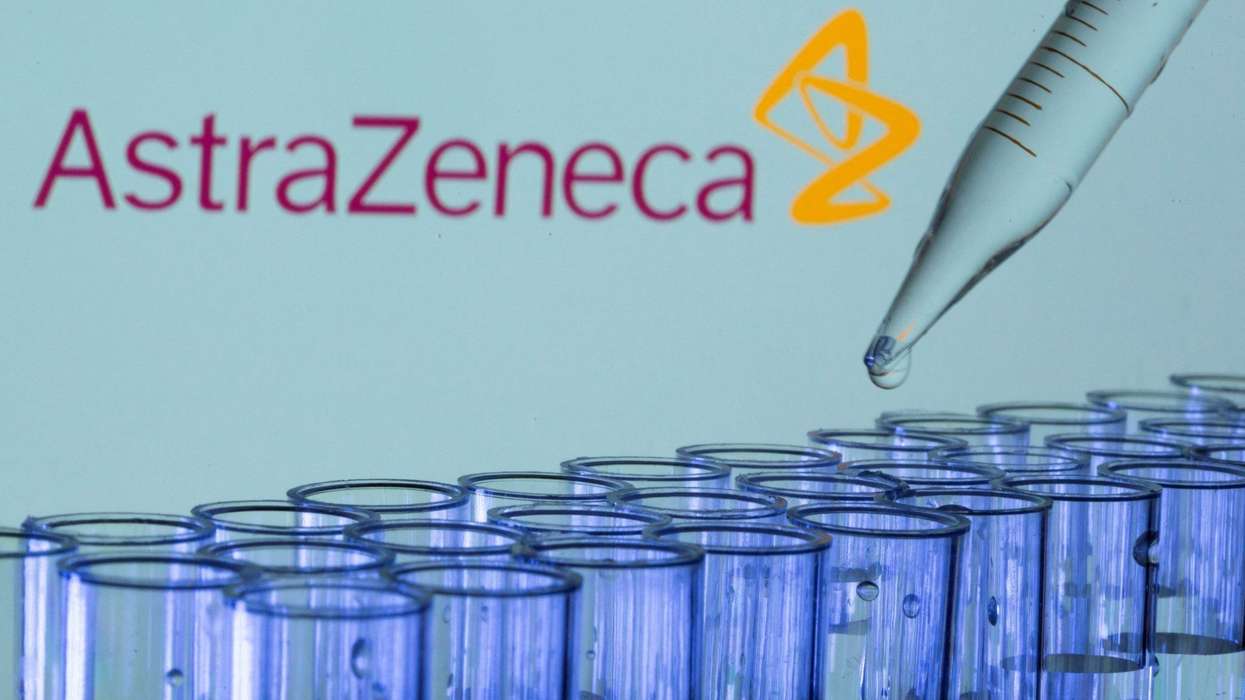A community pharmacy has taken a major step in eradicating dispensing errors, thanks to the new, Bristol-designed barcode technology which validates medicines against patient prescriptions.
Paddy Gompels of Spa Pharmacy in Melksham has used barcode validation on a record 98 per cent of the 15,000 prescriptions his practice has dispensed each month, since implementing the new technology just before the pandemic struck last year.
During that time, dispensing errors using the technology have been reduced to just one, compared to a total of 21 in 2019, before the pandemic – a reduction of 95.2 per cent.
Developed in Bristol and accredited by the NHS, Titan PMR is the only Patient Medication Record (PMR) system to deploy a dispensing process which stops pharmacy staff from inadvertently selecting the wrong drug.
Deployed to ground-breaking effect at Spa Pharmacy, the 98 per cent figure places Gompels’ business at the vanguard of a new era of community pharmacy.
With an estimated 237 million medicine errors occurring in England alone every year, potentially fatal mistakes in community pharmacy are an ever-present worry.
In 2018, after a long campaign from the profession, a legal measure protecting UK community pharmacists from criminal prosecution for inadvertent dispensing errors came into force.
High profile cases in the past have seen pharmacists imprisoned for making accidental but fatal dispensing errors, with causes such as similarities in packaging, workplace pressures, distractions and tiredness often cited.
“Errors are a constant concern for everyone in community pharmacy,” said Gompels.
“It was clear that we needed to find a way to dispense more items with less manual input, without negatively impacting patient safety.
“With Titan our dispensing process – and our safety – has greatly improved. Our pharmacists have peace of mind that medicines being supplied out of our practice are accurate and safe.
“Titan also provides vast amounts of management data so I can identify any near misses. And with the efficiencies we have found in the dispensing process, we can reinvest time into the delivery of patient services.”
Rather than the labour-intensive and error-susceptible manual labelling and visual checking of medicines by pharmacy staff, Titan PMR offers something completely new to the industry.
Its unique workflow system sees every dispensed item validated against the manufacturer barcode before a label is attached.
If the wrong drug is scanned, Titan immediately alerts the pharmacist and stops the label being issued, preventing accidental dispensation. A record log of all ‘near misses’ helps with ongoing learning and process improvement.
Titan, designed by Bristol health tech experts Invatech Health, received its landmark NHS accreditation in late 2019 making it the first pharmacy system to be accredited in 15 years. In January this year, Invatech announced the completion of £2.2m total funding from Innovate UK, to support further development of the software.
Tariq Muhammad, a former community pharmacist who is now CEO of Invatech Health, said: “Having run my own pharmacy businesses in the past, I know how devastating dispensing errors can be to a patient, as well as the impact it can have on the pharmacist and the business.
“A serious accidental error could prove fatal and could suddenly end the career of a hard-working and passionate pharmacist.
“I wanted to create a system that could help eradicate human errors. Titan is a great example of how technology can be used to improve patient care.
“I am hugely impressed by how Paddy has embraced the workflow we developed for Titan. I am also proud of my team, who have built a system that significantly improves patient safety, helps fellow pharmacists and supports pharmacy businesses.”
Gompels is business director of Gompels, a family business which operates two pharmacy practices in Melksham. Spa Pharmacy is at the medical centre on Snowberry Lane, while D&M Gompels Pharmacy is on Bank Street.











